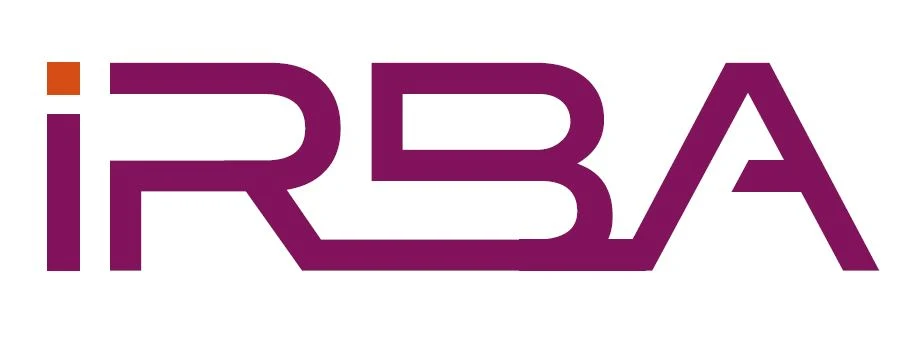Keywords: antitrust regulations, competition policies, technology, policy interventions, trade and market interactions
Competition and regulation authorities contribute to economic and social welfare by monitoring the conduct of public and private actors with the aim of promoting fair competitive and operational conditions across industries as well as in market economy.
Technology has recently changed over years and created economic opportunities in many markets, particularly in digital innovation and the emergence of online platforms as means of organizing economic activities. These trends have promoted the establishment of emerging economic actors and networks of suppliers and users of goods and services that has never existed before.
Increased digitalization of economic activities and digital assets entry into the markets have created challenges for competition and regulation authorities that aim to establish fair conditions for competition, while protecting consumers from undue exploitation and shielding taxpayers from unnecessary costs.
Changes in the nature of production, trade and market interactions have led to calls for increased policy interventions aimed at supporting the development of new technologies, promoting innovative market entrants but also put pressure on Governments to protect national economies, producers and jobs.
This recently changed competition policies landscape has presented law firms, multinational corporations, government agencies with new challenges where our team of global experts have worked side-by-side with our clients to navigate this new terrain and find tailored solutions which are more efficient and in compliance with the vast competition policies’ landscape.
For more insights and assistance, chat to our global team located in major financial centre in the world, we assist our clients whenever challenges and opportunities arise, implementing successful transformation solutions
Dr Pete Mhlanga
Managing Director, MCTG Consulting
PhD Law,
Harvard Professional & Executive Development
LLM (Public International Law)
LLB (Company Law, Tax Law, Employment Law)


